Assisted dying: Hearing arguments for and against a Bill that's divided Britain
While the outcome of the debate remains uncertain, some of those taking part have explained where they stand, and why

Your support helps us to tell the story
From reproductive rights to climate change to Big Tech, The Independent is on the ground when the story is developing. Whether it's investigating the financials of Elon Musk's pro-Trump PAC or producing our latest documentary, 'The A Word', which shines a light on the American women fighting for reproductive rights, we know how important it is to parse out the facts from the messaging.
At such a critical moment in US history, we need reporters on the ground. Your donation allows us to keep sending journalists to speak to both sides of the story.
The Independent is trusted by Americans across the entire political spectrum. And unlike many other quality news outlets, we choose not to lock Americans out of our reporting and analysis with paywalls. We believe quality journalism should be available to everyone, paid for by those who can afford it.
Your support makes all the difference.Today marks a watershed moment in an emotive argument that divides Britain, with MPs debating a change in the law which would allow doctors to help people to die.
Assisted suicide is a criminal offence which is punishable by up to 14 years in prison. But a Private Members’ Bill proposed by the Labour MP Rob Marris would make it legal for doctors to assist terminally ill patients wanting to end their lives, in certain cases.
David Cameron is opposed to the move. “He is not convinced further steps need to be taken and he is not in favour of an approach that would take us closer to euthanasia,” a Downing Street spokesman said.
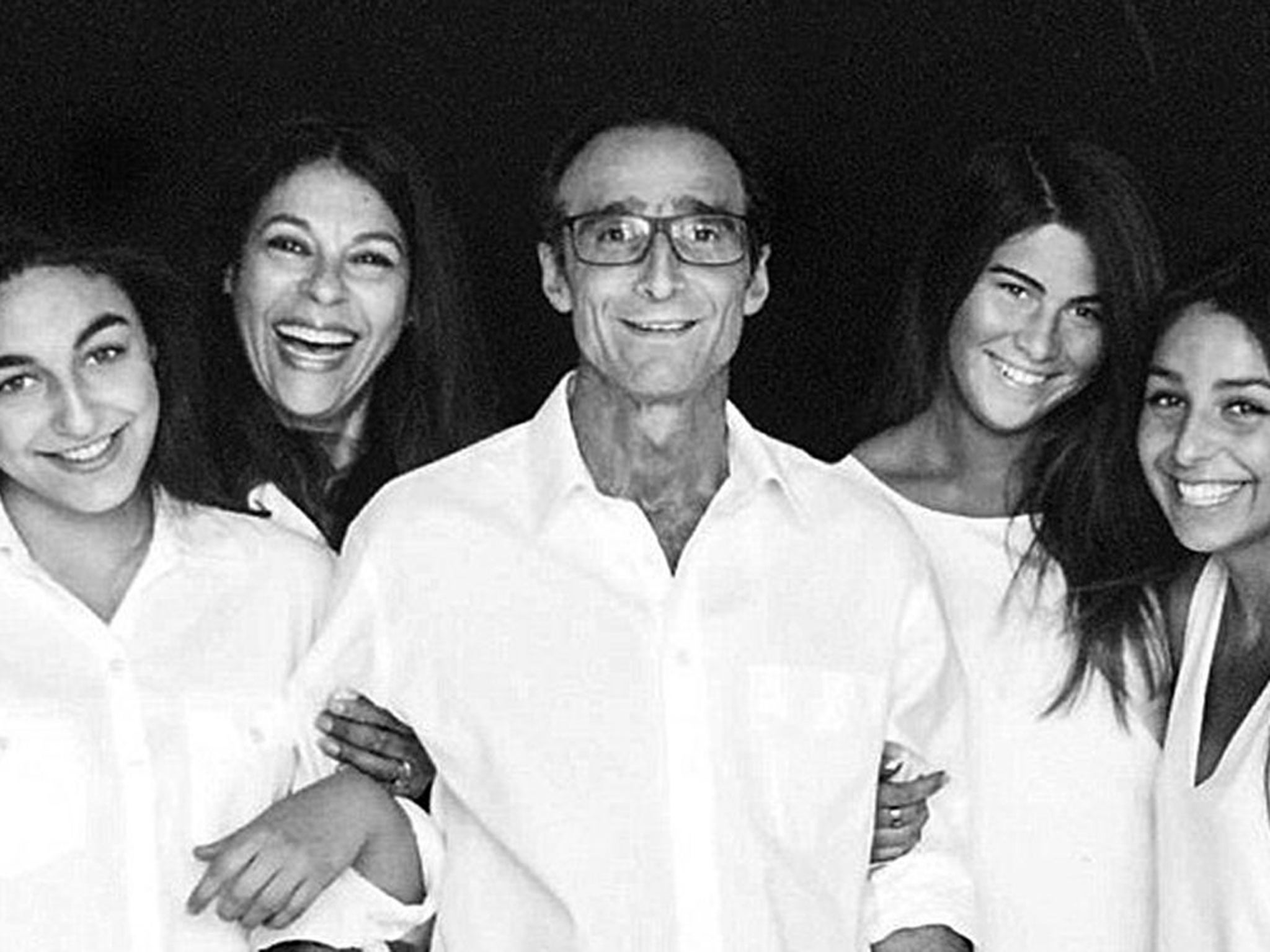
This is the first time that an assisted dying Bill has been debated by MPs since 1997. While the legalisation of abortion and the abolishment of the death penalty resulted from Private Members’ Bills, many fail as they are not given as much parliamentary time as government proposals.
While the outcome of the debate remains uncertain, some of those taking part have explained where they stand, and why:
In support
Paul Blomfield, Labour MP for Sheffield Central. His father, Harry, committed suicide in 2011 after being diagnosed with lung cancer
Some of those who oppose a change in the law argue that the relatives will encourage, coerce or pressure elderly loved ones to take their lives prematurely. The evidence and my experience suggest quite the reverse.
I’m confident that my father would have lived longer under the proposed law. He was always clear throughout his life, even before his terminal diagnosis, that were he in that position then he would not want a distressing and undignified death. I think that if the law had been different and he had known that he could have taken that action in his own good time, he would have stayed for longer. It would also have given him the opportunity to discuss it with us, and to go surrounded by the people who loved him and not alone in a garage. The current law was the barrier between what he experienced and a better – and probably later – death.
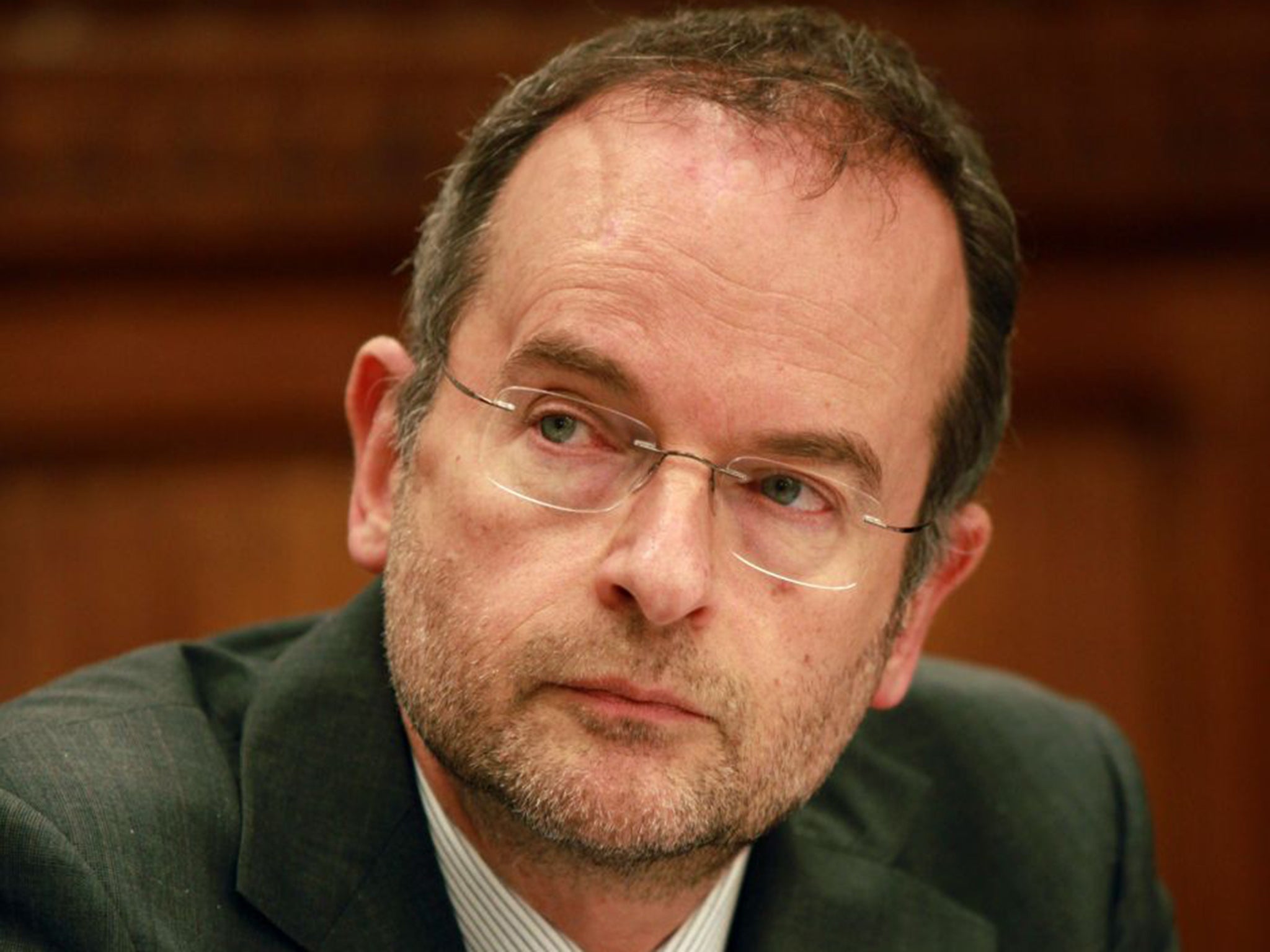
I spoke to him the evening that he took his own life. I was in London, walking through a park, and he gave me no inkling of his intentions. And it would have been so much better for him to have been able to talk about it openly.
It is because I knew that he would want me to support the Bill that I have shared his story. It was a difficult decision, because it’s his personal life that I’m exposing publicly, but I did it because I’m confident that he would have been willing to do that if it helped to change the law. I would be supporting the Bill in any case because I believe that it is right. It’s simply underlined by that personal experience.
I don’t think it’s a question of whether the law will change, but when. Sadly the issue is how many people will face needless suffering until Parliament catches up with public opinion.
Jess Phillips, Labour MP for Birmingham Yardley. Her mother, Jean Trainor, passed away in 2011 aged 61
When I was in my twenties, my mother died of leiomyosarcoma. By the end, she was paralysed, her brain had been affected, and she couldn’t see or hear very well either. She had thought she was going to die eight weeks before she did, and my brothers travelled from across Europe to be with her and us. She did not die and lived in pain and suffering for the following two months. When she died, my brothers were not here. I wish she had had the choice; she might not have taken it, but I wish she had had it.
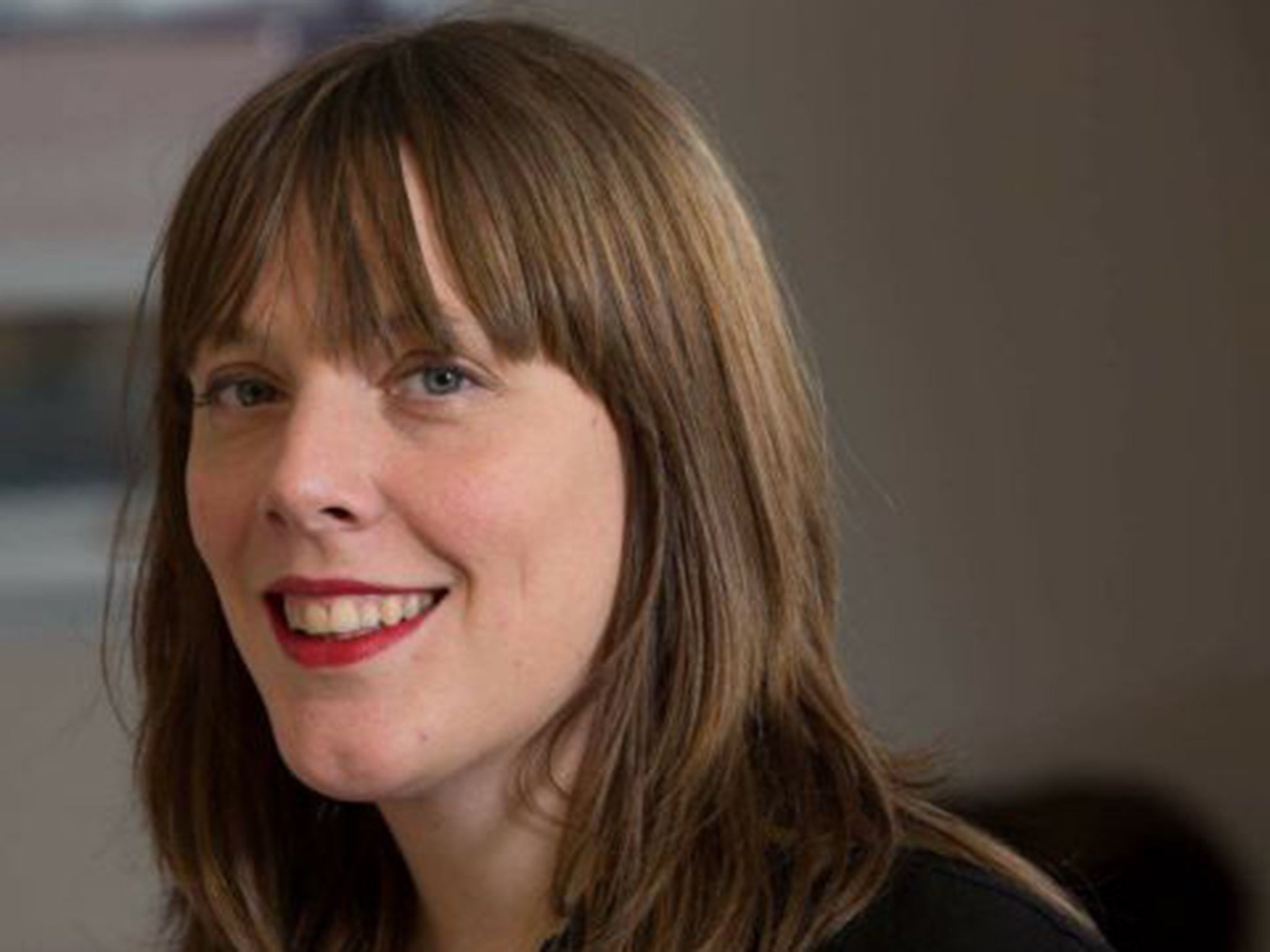
Jim Fitzpatrick, Labour MP for Poplar and Limehouse
The law is lagging behind reality and needs to be amended to reflect 21st-century humanism. I have a totally personal perspective on this.
I was a fireman in London for 22 years, and we used to use equipment containing asbestos for its protective properties against heat and temperature. I, along with thousands of other firefighters, have been exposed to asbestos, which can cause asbestosis and mesothelioma.
From my own time in the fire brigade when I was looking after colleagues who were suffering and trying to help their families in the aftermath, I know how horrid an ending these diseases can bring to human beings.
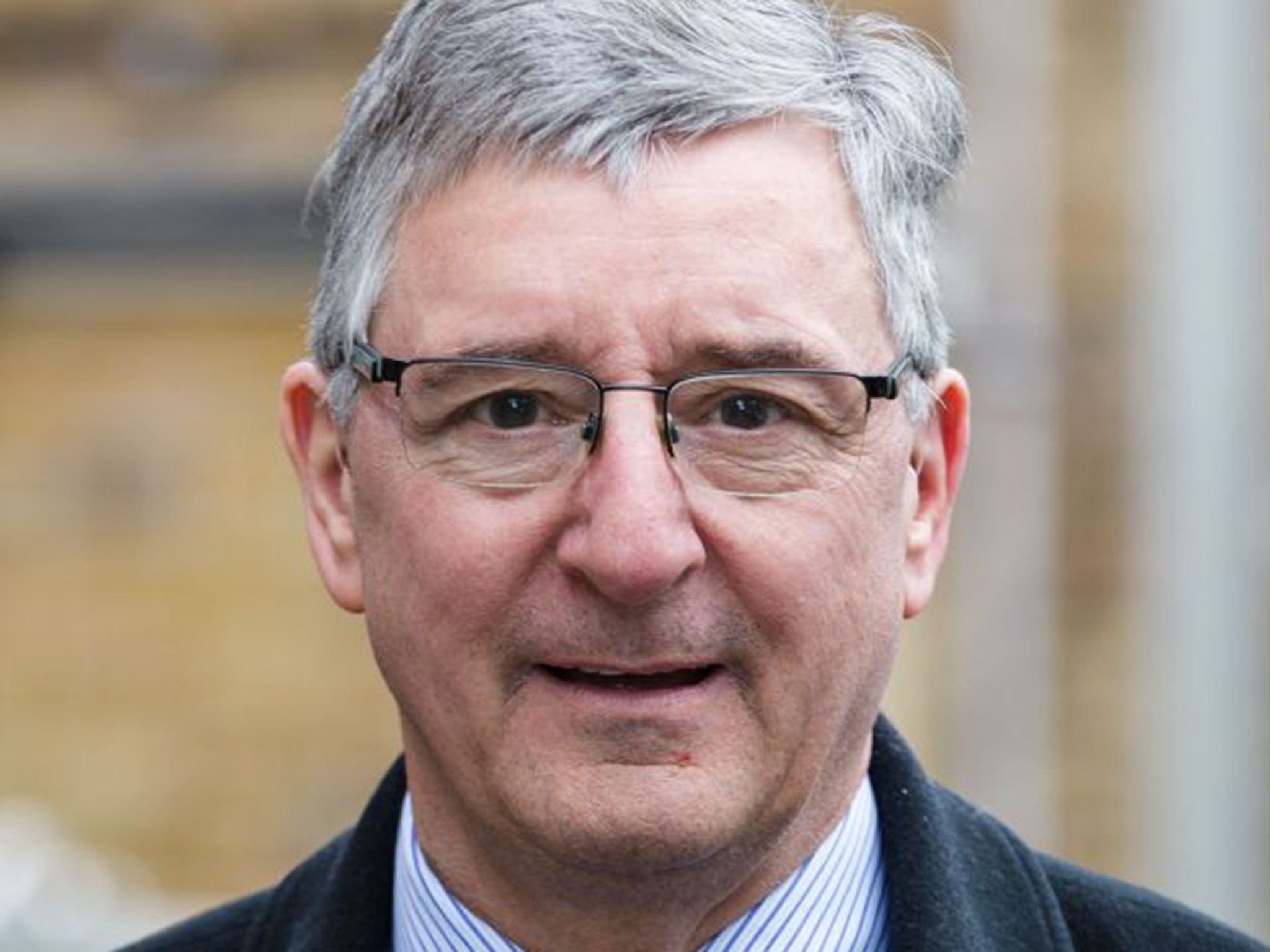
For these people, as well as the thousands of other workers and those who contract these types of diseases through no fault of their own, I believe everyone should be given the right to choose how to end their life.
This is not about forcing death on anybody. It’s about giving individuals the right to choose. I’m a big supporter of the hospice movement, and if people want to choose to go into hospices and have palliative care, that’s absolutely fine. But denying other individuals who don’t want to do that their right to choose is double standards.
I’m an MP, I’ve got a good salary. When I retire, I will have the ability to pay for a flight to Zurich and join the Dignitas route. But there are lots of other people in this country who don’t have the financial ability to buy their way out of this – and that’s totally wrong.
Crispin Blunt, Conservative MP for Reigate
For me this is an issue of freedom, this is about freedom of choice and personal responsibility.
What this Bill would really do is empower people; it would at least give them the choice. If you’re going to be faced with these circumstances you would have this option. It would give you that comfort that if things are so absolutely bloody awful that you can’t bear it any longer, and it’s not worth going on, you could have this tiny bit of control over how you die.
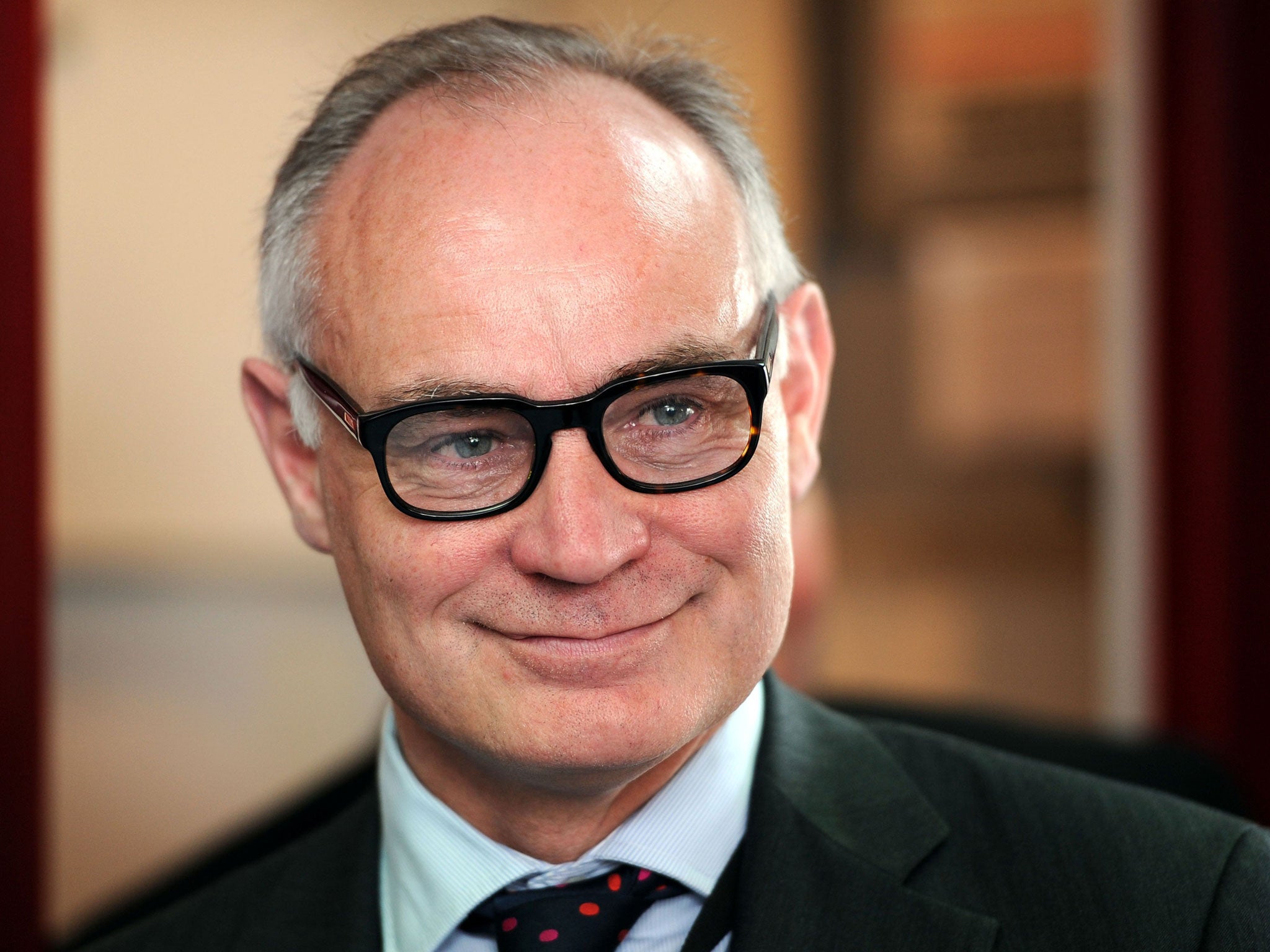
I just hope the rational argument is going to win out. I have never heard an opponent of this ever be brave enough to argue on principle.
Norman Lamb, Liberal Democrat MP for North Norfolk
I’ve changed my mind on this. I had in the past opposed a change in the law, largely because of anxieties about exploitation and pressure. But talking to a range of people with terminal illnesses and also loved ones who have witnessed pain and suffering, I’ve become convinced that a change in the law is necessary. And for me it’s essential to my position as a Liberal.
If you asked me whether I would want to do it myself, I would absolutely want to have the right to make that decision. I don’t know whether I would do it but I would want the right to make that decision, not to be dictated to by the state.
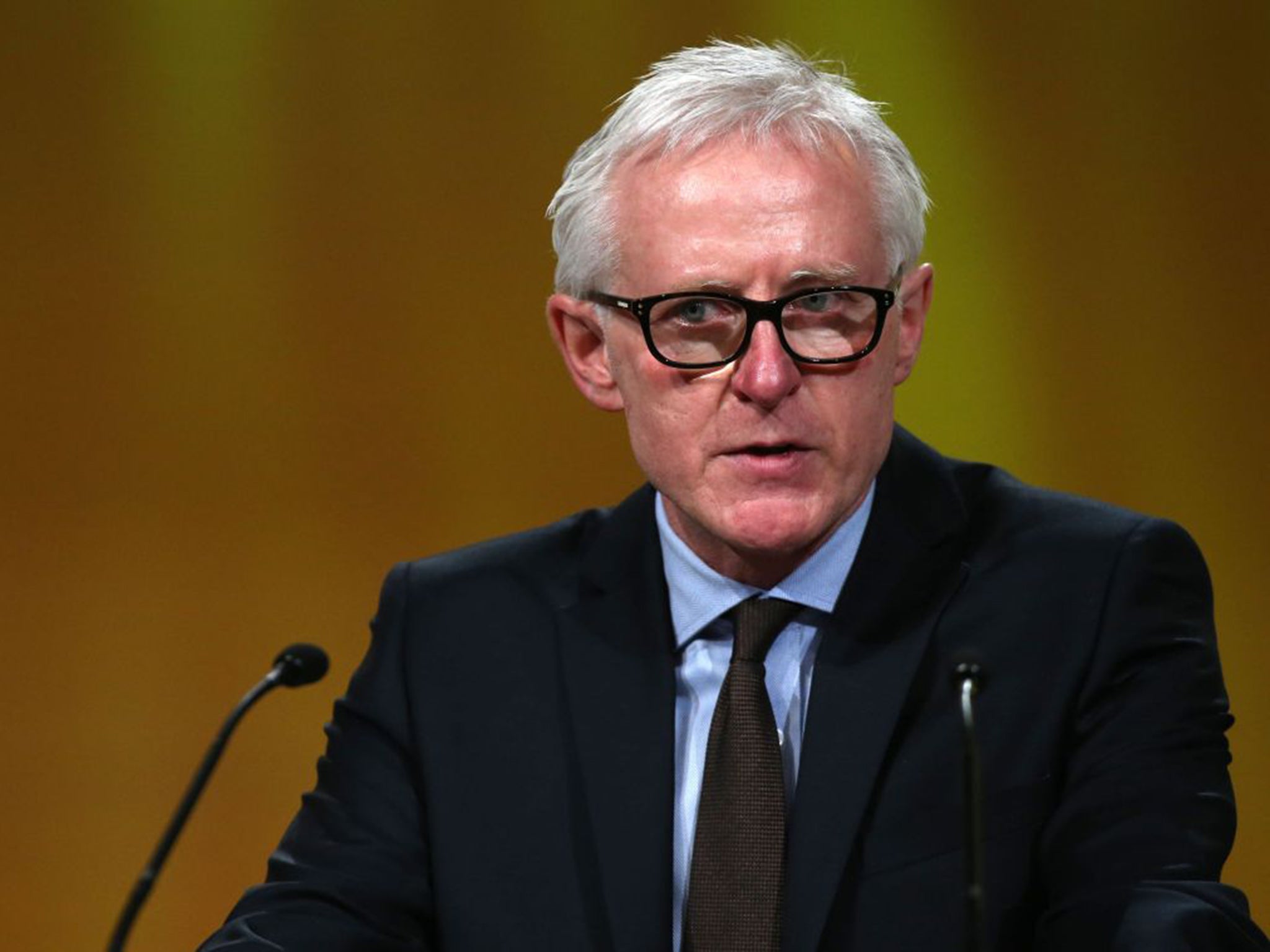
In opposition
Nigel Evans (Conservative, Ribble Valley)
When my father finally succumbed to the cancer that had cruelly eaten away at his once bulky frame for six months in 1979, I thought: “Thank God he is dead.” I wish that it had been quicker and I wish it had been kinder.
My mother cried on his release from the torture. It was hideous. It shouldn’t happen to a dog – and rarely does.
I should be the perfect candidate dutifully to walk through the aye lobby to endorse the “easydeath” departure lounge method of despatching our loved ones. It’s not that I haven’t thought about it. I once saw a man getting on a plane to Zurich. He was gaunt and cemented into his wheelchair. I had seen that look before. The stare of finality as he took his last certain journey to the hotel Dignitas. So why will I refuse to endorse the exit strategy favoured by an increasing number?
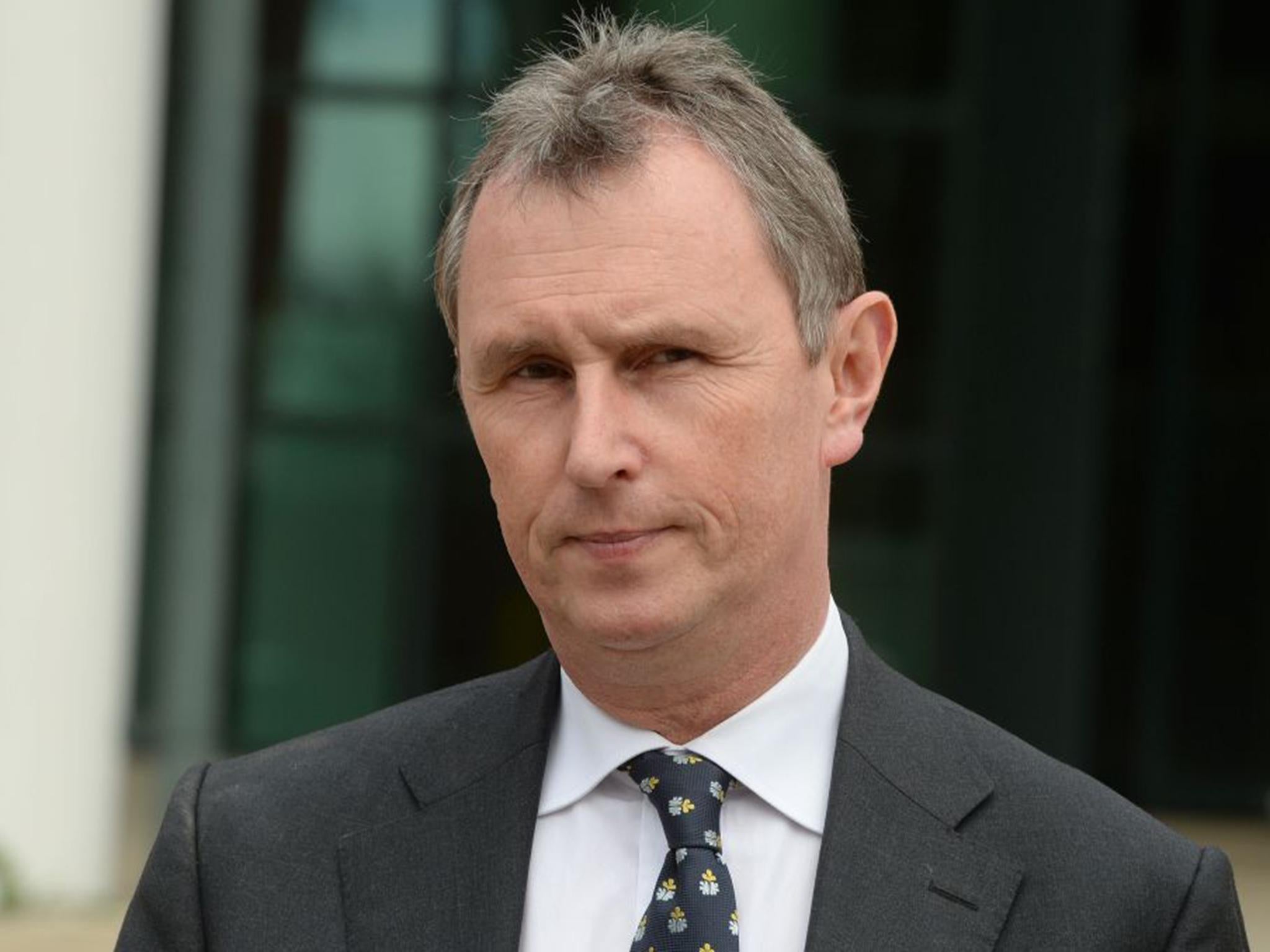
I do not believe that it is beyond the wit of our scientists and medical magicians to ensure that care is at the heart of the inevitable journey to the grave. The drugged up ,morphined stupor of my father reaching with his mouth for another slow suck of the ice cube, as swallowing the water was too painful, will remain a traumatic image in my mind.
I want to see assisted living transforming the care of the terminally afflicted. The treatment and careful management of the last goodbye should be engineered with skill and compassion, allowing the fading to be less traumatic with the pain marginalised. It cannot prevent the death, or quell the fear but it can stop the agony and the anguish.
My dad died a pretty ghastly death. Let that be the reason to focus on the right humanitarian way forward. Let’s focus on the care and not be led by our noses to a conveyor belt of corpses via a carelessly thought-out solution. Dignitas-isation will not bring dignity in death but will bring a speedier death. Is that all that the best minds in the world can come up with?
Thangam Debbonaire (Labour, Bristol West) She was diagnosed with breast cancer earlier this year
Unfortunately I won’t be able to attend today’s debate, as it takes place too soon after another of my chemotherapy sessions.
Nevertheless I would like to make it clear that, if I were able to attend, I would not be able to support this Bill. I am not convinced it provides adequate legal safeguards or sufficiently considers the psychological implications for people who are already vulnerable. For example, I have concerns over the reliability of a prognosis that someone can be “reasonably expected to die within six months”, given that illnesses can affect people differently.
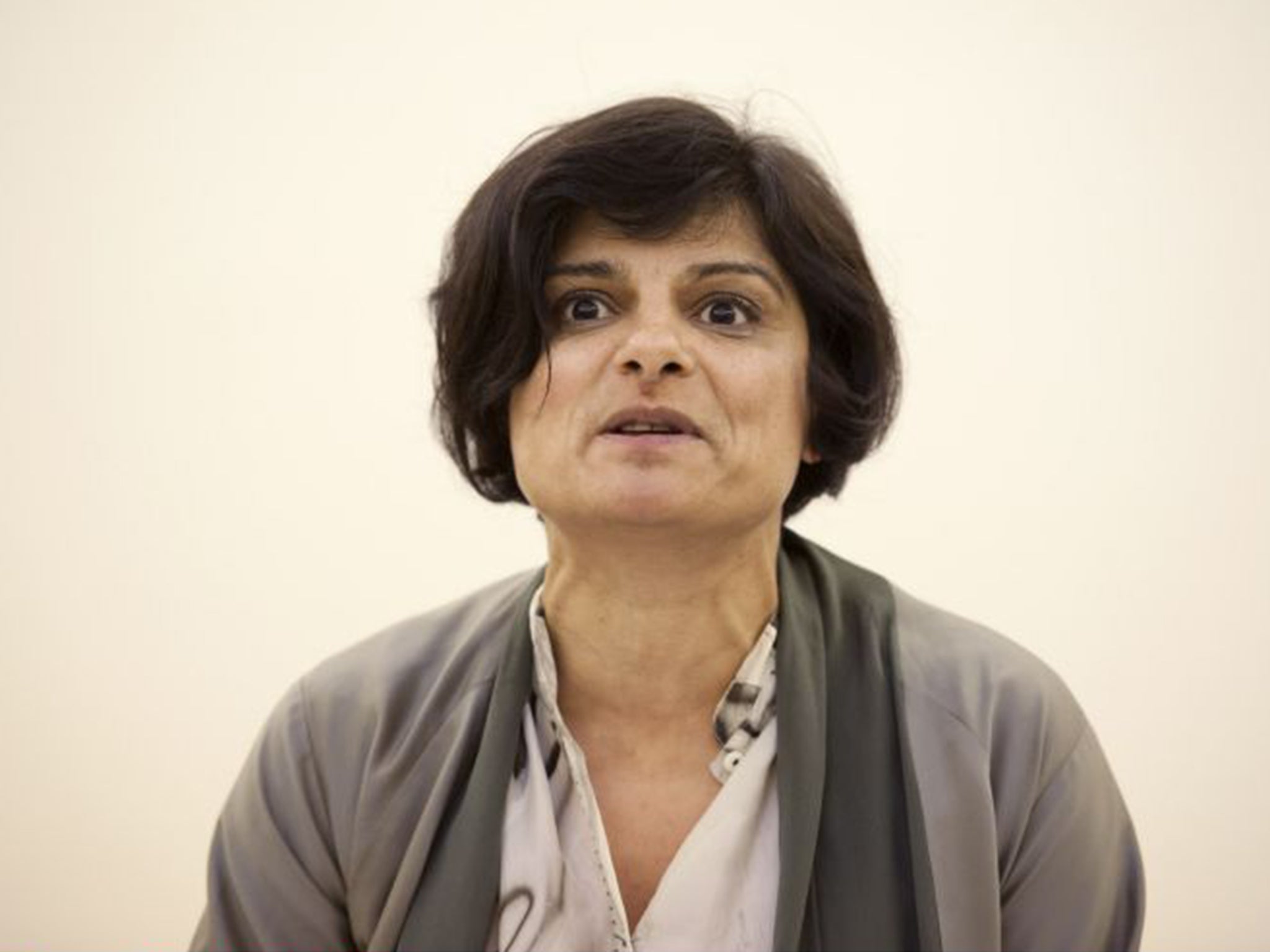
I also believe that much more needs to be done to improve palliative care and mental health treatment for those with terminal illnesses.
It is possible that, as I continue to weigh up evidence and arguments, I may be reassured on the concerns I have. I therefore cannot say I won’t change my mind on this difficult issue in the future. But I am not at that point yet.
Fiona Bruce (Conservative, Congleton)
I don’t believe Parliament should be making a law that says, in effect, that if you are terminally ill, taking your own life is something to think about. Laws are more than just regulatory instruments. They send social messages. The dreadful message this Bill sends is that, while we should discourage suicide for everyone else, we should offer assistance with it to those who are terminally ill.
I am concerned about the lack of serious safeguards in the Bill. It does not require a doctor who considers a request for assisted suicide to take any minimum steps to ensure that the criteria proposed – such as a settled wish or freedom from pressure – are met. It simply states what the criteria are. That’s just not good enough.
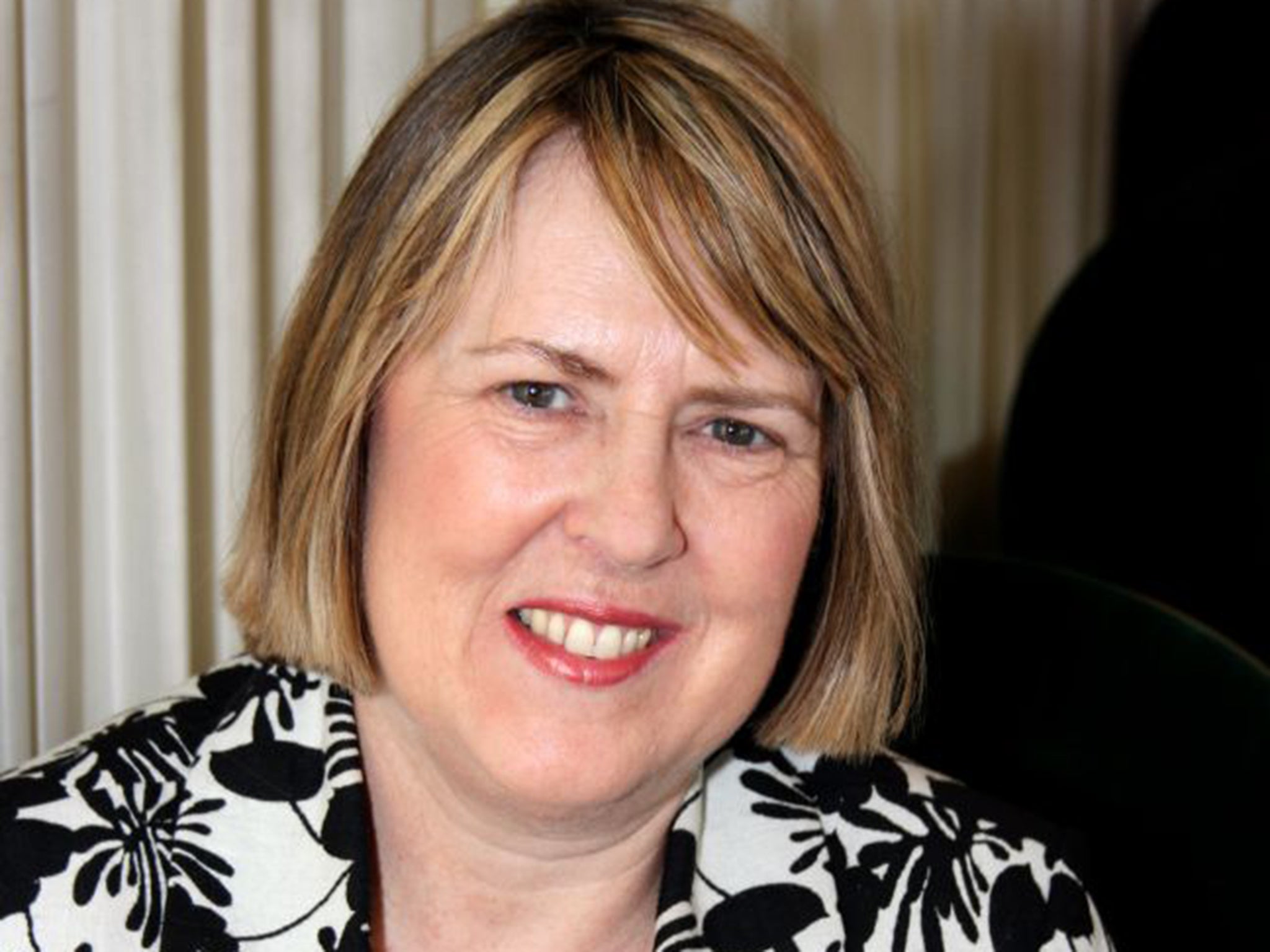
Dr Liam Fox (Conservative, North Somerset)
As a doctor I know how members of the medical profession can come under intense pressure from relatives, and sometimes from their own emotions, to hasten death. If medically assisted suicide is legalised, then both doctors and patients will find themselves under new stresses. Pressure on terminally ill patients to kill themselves may come from family or health professionals, but it may also come from those individuals who are suffering themselves, especially if they are concerned about the impact that their illness is having on loved ones.
Perhaps of even greater concern is the potential impact on the vulnerable, especially the vulnerable elderly. How often have we heard elderly people say something like “I just don’t want to be a burden to my family”, or “I think it would be much better for you if I wasn’t here any longer”? Once assisted suicide is legally available, then those with a terminal progressive illness will need to provide a justification for wishing to live.
In the well-known words of the English poet and cleric John Donne: “No man is an island… Any man’s death diminishes me, because I am involved in mankind.” Those of us who have been involved with suicide, either personally or professionally, know what a great tragedy it is. It is not something that we should legitimise. Although driven by desperation and hopelessness, the persone who commits suicide frequently hurts those who survive.
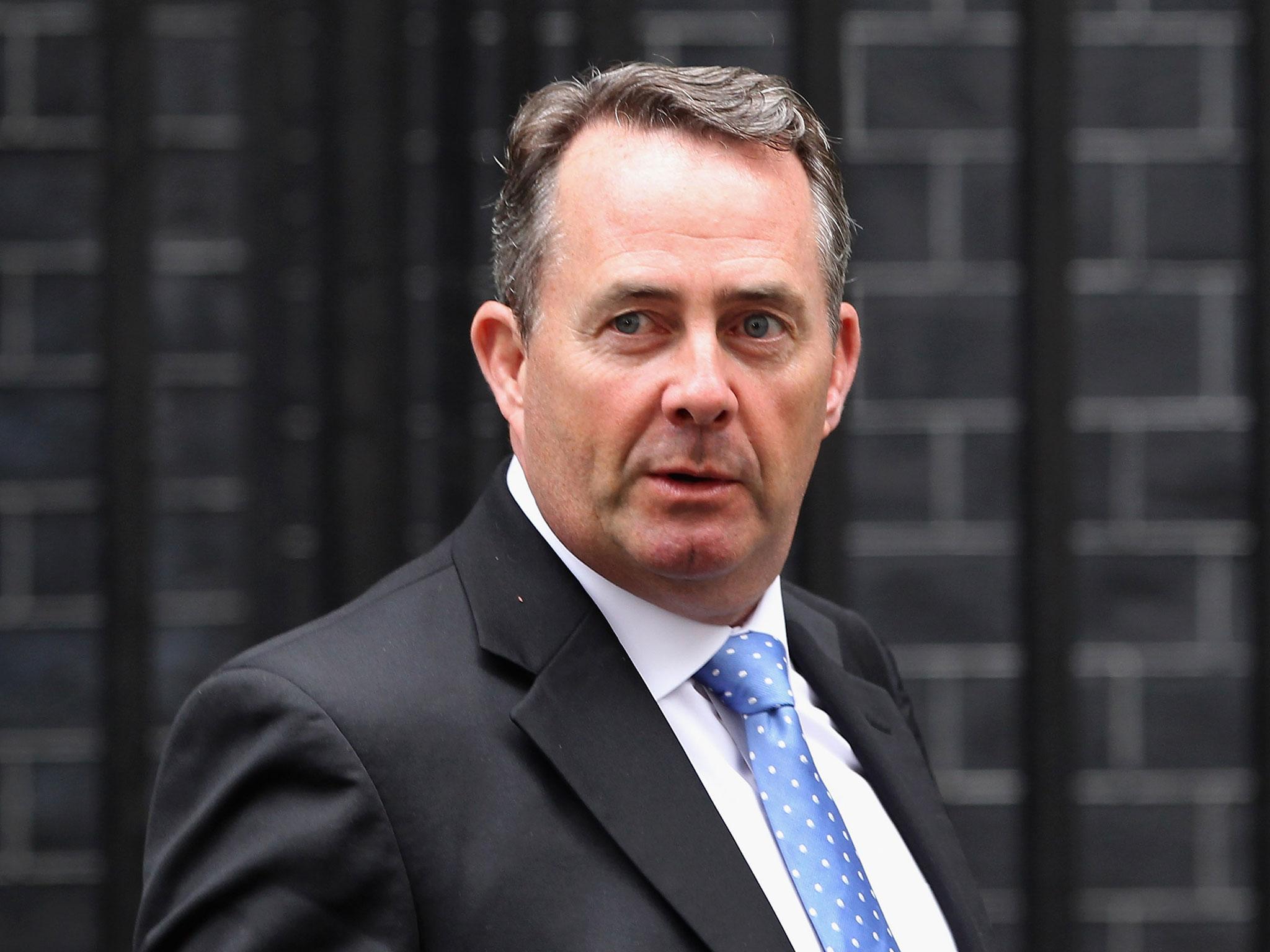
To commit suicide is to strike at the heart of what it means to live in community, for we are meant to be dependent on one another. The current legal prohibition on assisted suicide is part of the glue that binds our society together. Of course this does not mean that we just harden our hearts to those who are suffering desperately. True compassion points away from suicide and towards effective, skilled and respectful caring.
Doctors in the Netherlands who have experience of assisted suicide recognise that “failures” will occur from time to time. The Royal Dutch Medical Association recommends that a doctor be present when assisted suicide is performed (in the manner proposed in the Assisted Dying Bill), precisely so that euthanasia can be performed if necessary. I do not see this as an improvement to society. However well-meaning the proponents of the Assisted Dying Bill may be, they will open a Pandora’s Box which will change who we are and how we relate to one another in a fundamental and irreversible way.
Join our commenting forum
Join thought-provoking conversations, follow other Independent readers and see their replies
Comments